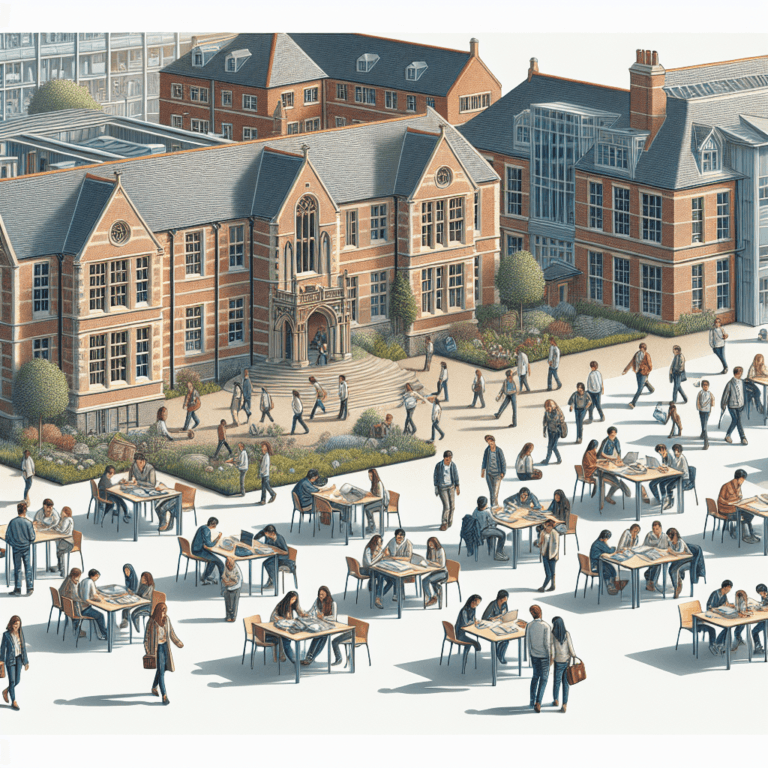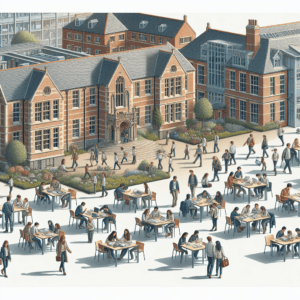The Role of UK Colleges in Shaping Future Careers
In an ever-evolving job market, the role of UK colleges in preparing students for future careers has become increasingly significant. These institutions provide more than just academic knowledge; they equip learners with essential skills, practical experiences, and professional networks. By focusing on various aspects of vocational and higher education, UK colleges are transforming education into a dynamic pathway that aligns with industry demands.
Skill Development
One of the primary responsibilities of UK colleges is to cultivate vital skills among students. The curriculum incorporates a combination of theoretical knowledge and practical application, ensuring that learners are well-versed in the competencies required by employers. Colleges emphasize skills such as critical thinking, problem-solving, communication, and teamwork. By integrating these skills into learning experiences, students emerge as well-rounded candidates prepared to meet the challenges of the workforce.
Industry Collaboration
Collaboration with industry partners is another key aspect of how colleges shape future careers. Many institutions actively engage with businesses to design curricula that align with current job market needs. This collaboration often results in work placements, internships, and cooperative education opportunities that provide students with firsthand experience in their chosen fields. As a result, students gain valuable insights into workplace dynamics, enhance their employability, and build essential professional networks.
Career Guidance and Support
UK colleges recognize the importance of career guidance and support services. Providing counseling and resources helps students make informed decisions about their career paths. With access to workshops, mentoring programs, and job placement services, students can better identify their strengths and explore various career options. This support plays a crucial role in helping them transition from education to employment smoothly, reducing the anxiety often associated with entering the workforce.
Promoting Lifelong Learning
In a fast-paced world where industries frequently undergo transformation, the idea of lifelong learning has gained prominence. UK colleges promote this concept by encouraging students to pursue continuous personal and professional development. Through short courses, professional training, and online learning platforms, colleges offer opportunities for individuals to upskill and reskill throughout their careers. This adaptive approach ensures that graduates can remain competitive and responsive to changes in their chosen fields.
Fostering Entrepreneurship
Colleges in the UK also play a vital role in fostering entrepreneurship. Many institutions have established incubators and innovation centers that support aspiring entrepreneurs. By providing resources such as mentoring, access to funding, and workshops on business fundamentals, colleges create an environment conducive to innovation and enterprise. This empowerment enables students to turn their ideas into viable businesses, contributing to economic growth and job creation.
Conclusion
In summary, UK colleges are essential in shaping the future workforce by preparing students for diverse career opportunities. Through skill development, industry collaboration, career support, lifelong learning, and entrepreneurial encouragement, these institutions lay the groundwork for successful careers. As the landscape of work continues to change, the ongoing commitment of colleges to adapt their programs and resources will play a critical role in ensuring that students are not only employed but thrive in their chosen professions. The impact of UK colleges extends far beyond the classroom, influencing the trajectory of students’ lives and the broader economy.







